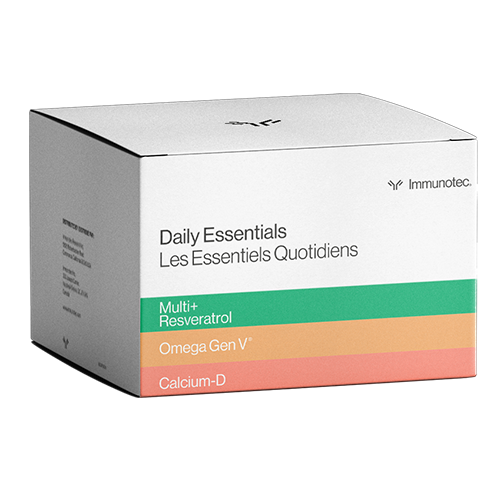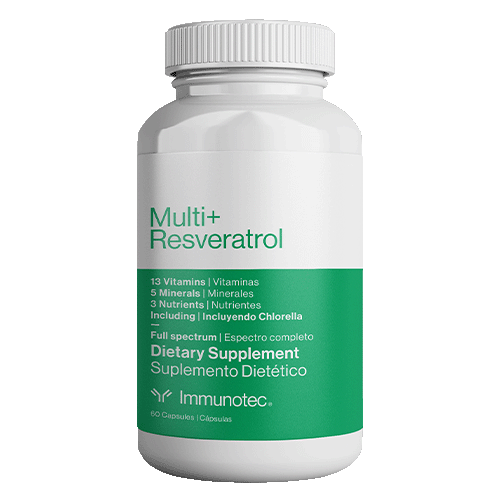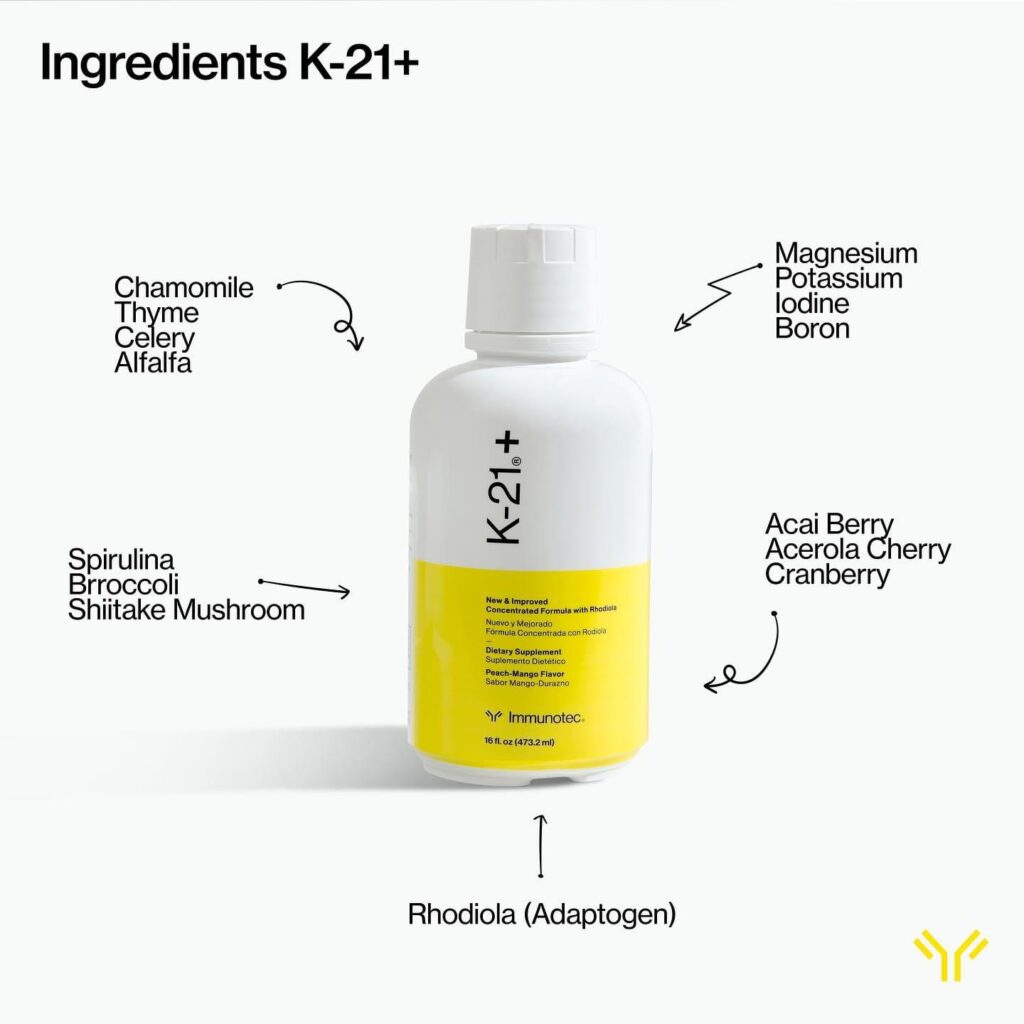In today’s world, maintaining a healthy lifestyle can feel like a daunting task. However, one of the most crucial aspects of living well is nutrition.
What you eat directly impacts your overall health and well-being. Whether you’re aiming to lose weight, boost energy levels, or simply feel better in your day-to-day life; Paying attention to your nutrition is key. In this guide we’ll explore 20 nutrition tips; that are not only easy to implement but also effective in supporting a healthy lifestyle.
21 Tips For Nutrition


- Start with a Balanced Diet: The foundation of good nutrition is a balanced diet. This means consuming a variety of foods from all the major food groups; including: fruits, vegetables, whole grains, lean proteins, and healthy fats. Aim to fill your plate with colorful fruits and vegetables, which are packed with essential vitamins, minerals, and antioxidants.
Daily Essentials Supplements







- Consider Multivitamin and Supplements: While a balanced diet should provide most of the essential vitamins and minerals your body needs; but there may be times when supplementation is beneficial. Multivitamin supplements can help you to fill in any nutritional gaps in your diet; especially if you have specific dietary restrictions or deficiencies. However, it’s important to remember that supplements should complement, not replace, a healthy diet. When you are choosing a multivitamin; opt for a high-quality product; that provides a wide range of vitamins and minerals in their most bioavailable forms for optimal absorption and effectiveness. Remember that supplements are meant to supplement; not replace, a healthy diet. So focus on obtaining most of your nutrients from whole foods whenever possible.
Minerals


- Helps adapt your body to deal with physical, mental and chemical stress*
- Decreases mental fatigue*
- Improves mental and physical performance*
- Provides vital minerals for optimizing metabolism*
- Iodine supports healthy
This is one of my favorites brand I highly recommend if you are searching for quality products read and learn more about this quality mineral supplement. Click here
- Add Minerals and Antioxidants: In addition to vitamins, minerals and antioxidants play crucial roles in supporting overall health and well-being. Minerals such as calcium, magnesium, zinc, and iron are essential for bone health, muscle function, immune support, and energy production. Antioxidants, on the other hand, help protect your cells from damage caused by free radicals. Which can contribute to aging and disease. To ensure you’re getting an adequate intake of minerals and antioxidants; focus on eating a varied diet rich in colorful fruits and vegetables, whole grains, nuts, seeds, and legumes. Additionally, consider incorporating superfoods like berries, leafy greens, and nuts, which are particularly high in antioxidants. Remember balance and moderation are key when it comes to supplementation. So aim to obtain most of your nutrients from whole foods whenever possible.
- Don’t Skip Breakfast: Breakfast truly is the important meal of the day. Eating a nutritious breakfast jumpstarts your metabolism and provides you with the energy you need to tackle the day ahead. Opt for a balanced meal, that includes: protein, whole grains, and healthy fats to keep you satisfied, until your next meal.


- Stay Hydrated: Water is essential for proper digestion, nutrient absorption, and overall health. Aim to drink at least 8 glasses of water per day, and more if you’re active or live in a hot climate. visit us for more information about how much water you need.
Support your Health
- Limit Added Sugars: Excessive sugar consumption has been linked to numerous health issues; including obesity, type 2 diabetes, and heart disease. Limit your intake of sugary foods and beverages. You can also replace it with herbal teas, infused water, or coconut water for added flavor and hydration benefits.
- Choose Whole Foods: Processed foods are often high in unhealthy fats, sugars, and additives; while whole foods are rich in nutrients and free from artificial ingredients. Whenever is possible choose whole, unprocessed foods; like fruits, vegetables, whole grains, and lean proteins to fuel your body and support optimal health.
- Incorporate Healthy Fats: Not all fats are created equal. While trans fats and saturated fats should be limited; healthy fats like those found in avocados, nuts, seeds, and fatty fish are essential for brain health and hormone production. Overall well-being. Aim to include sources of healthy fats in your diet every day.
- Focus on Fiber: Fiber is important for digestive health, weight management, and reducing the risk of chronic diseases; like heart disease and diabetes. Incorporate fiber-rich foods like fruits, vegetables, whole grains, legumes, and nuts into your meals and snacks to support overall health and well-being.
- Prioritize Protein: Protein is essential for building and repairing tissues, supporting immune function, and maintaining muscle mass. Include a source of protein in each meal and snack, such as lean meats, poultry, fish, eggs, tofu, tempeh, legumes, and dairy products.
Practice this new habits and improve your quality life
- Practice Mindful Eating: In today’s fast-paced world, it’s easy to eat on the go or while distracted by screens. However, practicing mindful eating can help you tune into your body’s hunger and fullness cues, prevent overeating, and enhance your enjoyment of food. Take the time to savor each bite, chew slowly, and pay attention to how different foods make you feel.
- Plan and Prepare Meals: Meal planning and preparation can help you make healthier choices and avoid the temptation of fast food or unhealthy convenience options. Set aside time each week to plan your meals, make a grocery list, and prepare nutritious meals and snacks in advance.
- Read Food Labels: Understanding food labels can help you make informed choices about the foods you eat. Pay attention to serving sizes, ingredient lists, and nutrient content, and opt for products that are low in added sugars, sodium, and unhealthy fats.
- Experiment with Healthy Recipes: Eating healthy doesn’t have to be boring or bland. Get creative in the kitchen and experiment with new recipes and flavors using wholesome ingredients. Look for inspiration online, in cookbooks, or from friends and family, and don’t be afraid to try new foods or cooking techniques.
- Limit Processed Foods: Processed foods are often high in unhealthy fats, sugars, sodium, and additives, while lacking essential nutrients. Limit your intake of processed foods like sugary snacks, packaged meals, and fast food, and focus instead on whole, nutrient-dense foods that nourish your body from the inside out.
- Be Mindful of Portions When Eating Out: Eating out can make it challenging to control portion sizes and make healthy choices. When dining out, opt for smaller portions, share entrees with a friend, or choose healthier menu options like salads, grilled proteins, and vegetable-based dishes. You can also ask for dressings and sauces on the side to control your intake.
- Listen to Your Body: Your body is incredibly intuitive and will often tell you what it needs if you listen closely. Pay attention to how different foods make you feel physically and emotionally; and adjust your diet accordingly. Eat when you’re hungry, stop when you’re satisfied, and honor your cravings in moderation.
- Get Yourself your favorite treats: Healthy eating is all about balance, not deprivation. Allow yourself to enjoy your favorite treats and indulgences in moderation, without guilt or restriction. Remember that it’s what you do consistently over time that matters most, not occasional splurges.
Create your new routine and track


- Get Plenty of Sleep: Quality sleep is essential for overall health and well-being, including proper nutrition and weight management. Aim for 7-9 hours of sleep per night and establish a regular sleep schedule to optimize your sleep quality and duration.
- Stay Consistent: Consistency is key when it comes to nutrition and healthy living. Make small, sustainable changes to your diet and lifestyle over time, rather than trying to overhaul everything at once. Remember that progress is not always linear and be patient with yourself as you work towards your health goals.
- Move and Exercise Regularly: In addition to focusing on nutrition, incorporating regular physical activity into your routine is essential for maintaining a healthy lifestyle. Aim for at least 150 minutes (about 2 and a half hours) of moderate-intensity exercise or 75 minutes of vigorous-intensity exercise each week, as recommended by health authorities. Incorporate a variety of activities you enjoy, such as walking, jogging, cycling, swimming, yoga, or strength training, to keep your workouts interesting and engaging. Exercise not only helps you manage your weight and improve your physical fitness but also boosts your mood, reduces stress, and promotes better sleep. Find ways to incorporate movement into your daily life, such as taking the stairs instead of the elevator, parking farther away from your destination, or going for a walk during your lunch break. Remember, any amount of physical activity is better than none, so start where you are and gradually increase the intensity and duration of your workouts as you build strength and endurance. Listen to your body and choose activities that feel good and energize you, and don’t forget to warm up before and cool down after each workout to prevent injury and promote recovery. With regular exercise and proper nutrition, you can support your overall health and well-being and enjoy a higher quality of life for years to come.
Achieving and maintaining a healthy lifestyle is within reach for everyone, and nutrition plays a critical role in this journey.
By implementing these 21 nutrition tips into your daily routine, you can support your overall health and well-being, increase your energy levels, and feel your best from the inside out.
Remember to prioritize balance, variety, and moderation in your diet, and listen to your body’s cues to guide your food choices.
With dedication and consistency, you can achieve your health and wellness goals and live the best life possible.
Antioxidants, Minerals and nutrition supplementshttps://immunotec.com/lifestyles/shop/betternutrition












